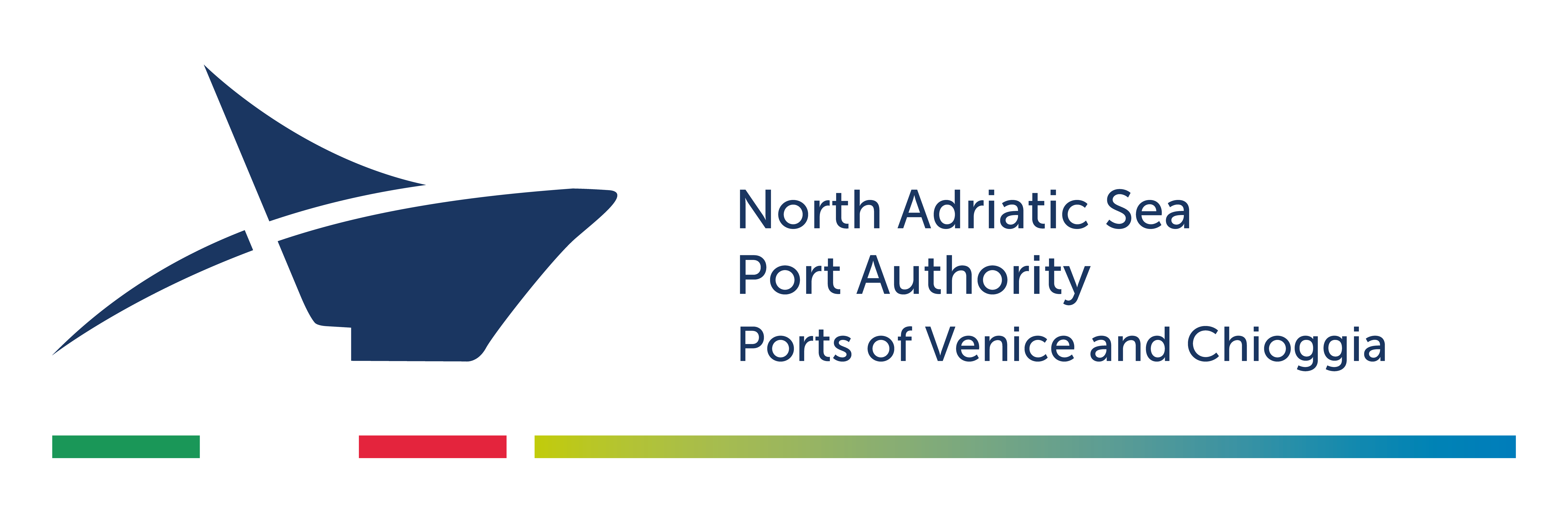After 3 years of presidency of the North Adriatic Sea Port Authority, yesterday morning, the handing over from the ports of Venice and Chioggia to the Croatian port of Rijeka for the presidency in office of the NAPA Association (North Adriatic Ports Association) took place in Rijeka. Besides Venice and Chioggia and Rijeka, the NAPA association includes the ports of Trieste and Monfalcone, the port of Ravenna and the Slovenian port of Koper. NAPA activities were stopped during the pandemic emergency. In 2021, the Association resumed its journey under the coordination of President Fulvio Lino Di Blasio, under the sign of mutual commitment along the route of international cooperation and the strengthening of NAPA’s competitiveness.
“In view of the changes that were affecting port ecosystems, we worked to further develop common strategies and actions, at the same time enhancing the potential of each single port – comments Fulvio Lino Di Blasio, President of the Ports of Venice and Chioggia. Today more than ever, in such a context characterized by the steady growing of Mediterranean maritime trade and the geopolitical and strategic centrality of Central-Eastern Europe, the NAPA Association can be decisive in facing the growing global competition. I am sure that my colleague Denis Vukorepa, to whom I send my best wishes for his term of office, will be able to guide the Association according to the shared guidelines. The signing of the Joint Declaration, in December 2021, and the Action Plan that followed to implement the provisions of this strategic document made it possible to bring about concrete progress in terms of green ports, smart ports and connections to Ten- T, thus contributing to strengthen the trilateral cooperation between Italy, Croatia and Slovenia. Together, then, we have drawn up a position paper, launched seven co-financed European projects and promoted our activities in numerous contexts of international importance, obtaining a positive reception also in Europe, for the commitment on the implementation of the TEN-T Corridors”.
Denis Vukorepa, executive director of PRA: “Port of Rijeka Authority will continue with commitment to proceed with main priorities that include contribution to maritime, transport freight and rail integration into the TEN-T network in European territorial cooperation programs. This includes the implementation of measures and interventions to increase the efficiency of port operations, the installation of systems for the use of alternative energy sources, monitoring quality in ports, as well as pre-investment studies for upgrading infrastructure in the international strategic context. The North Adriatic region is a strong competitive platform in the global transport and an effective, dedicated cross-border cooperation in the North Adriatic Ports Association will maximize the impact of each port in the global maritime trade and reach our fullest potential.”
During the Venetian presidency, the NAPA association has in fact drawn up a Position Paper which provides a contribution to the review process of the TEN-T networks, envisaging the recognition of the “ports clusters”, the extension of the Motorways of the Sea to Neighboring Third Countries of the Mediterranean and the investment plans of the NAPA ports to 2030 on last mile railway, energy and digital infrastructures. Furthermore, projects co-financed by the European Union have been carried out which have found or are finding implementation in one or more member ports of the Association.
These include: ACCESS2NAPA, co-financed by “Connecting Europe Facility” programme (CEF) for the construction of functional works for both maritime and land accessibility last mile infrastructures, EALING-European Flagship Action For Cold Ironing in Ports, also co-funded by CEF and focused on the electrification of the quays, SUSPORT and CLEANBERTH, co-funded by Interreg Italy-Croatia and Italy-Slovenia cross-border cooperation programs, both focused on environmental sustainability and energy efficiency in the port area. Finally, the projects that leverage innovation and digitization to enhance accessibility and the transport of maritime and multimodal goods: INTESA and PROMARES, both co-financed by the Interreg Italy-Croatia Cross-border cooperation Program, and COMODALCE , co-funded under the Interreg Central Europe Transnational Cooperation Programme.

